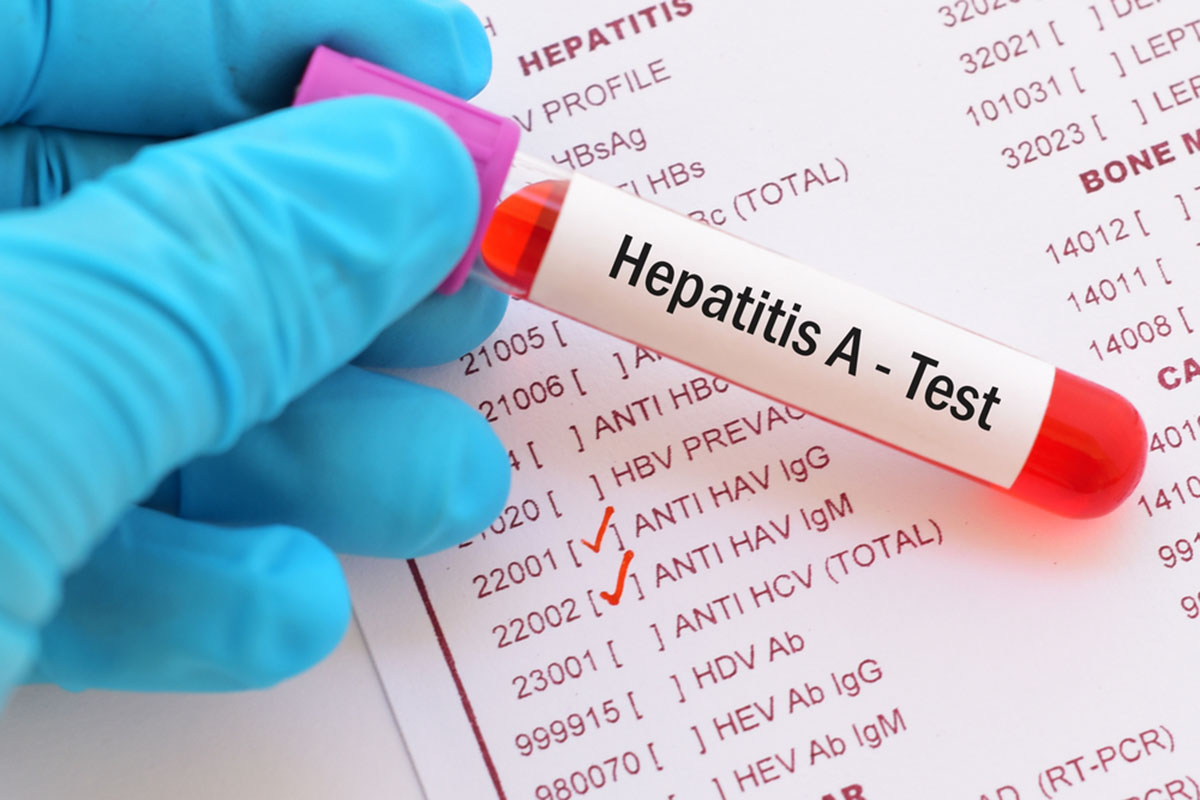This article appeared in the Detroit Free Press. Read the full story here.
Michigan’s hepatitis A outbreak continues to sicken people in the state three years after it began, health officials said Friday.
Since August 2016, 980 Michiganders have been infected with the virus. Among them, 738 people — about 80% — have been hospitalized, and 30 have died, according to the Michigan Department of Health and Human Services.
Hepatitis A causes liver inflammation — and, in extreme cases, liver failure — and is highly contagious. It can be spread through food or water contaminated by the feces of an infected person, through close contact or sex with a person who has hepatitis A or by touching a surface contaminated by the virus and then touching your mouth. Drug users can spread it by sharing needles. The virus can be prevented through vaccination and hand washing.
The hardest hit counties have been Wayne (337 cases, which include the City of Detroit), Macomb (223 cases) and Oakland (120 cases), but the MDHHS said Friday that there also have been seven acute cases of hepatitis A recently in Kalkaska, Grand Traverse and Antrim counties.
The strain causing those acute infections in Northwest Lower Michigan, the MDHHS reported, is not the same as others in the statewide outbreak, but has been circulating nationally in several other states.
There are now hepatitis A outbreaks in 30 states, according to the U.S. Centers for Disease Control and Prevention, but those with the highest number of cases are Kentucky, Ohio, Indiana, Tennessee, West Virginia and Florida. Nationally, there have been 24,952 cases with 14,984 hospitalizations and 244 deaths.
Hepatitis A symptoms, who’s at risk
Not all people infected with hepatitis A experience symptoms, the MDHHS reports. But in those who do, symptoms tend to appear 15 to 50 days after exposure and include:
- Fatigue
- Poor appetite
- Stomach pain or tenderness
- Nausea or vomiting
- Dark urine
- Pale-colored feces
- Yellowing of the skin (jaundice)
- Joint pain
Those at highest risk for contracting or developing serious complications from hepatitis A are:
- People who use drugs
- People who have transient housing and those who are homeless
- Men who have sex with men
- People who are currently or were recently incarcerated
- People with chronic liver disease, including cirrhosis, hepatitis B, or hepatitis
Among those who’ve been infected in Michigan’s outbreak, 52% had a history of documented substance abuse, 13.5% had transient or homeless living conditions, 14% were men who have sex with men, 8% were inmates at a correctional facility and about 30% had a history of hepatitis B or C.
“Although Michigan has not seen the number of cases of hepatitis A that we have during the height of the outbreak, it is essential that people with risk factors for hepatitis A continue to be vaccinated,” said Dr. Joneigh Khaldun, chief medical executive and chief deputy director for health at MDHHS.
Last year, the outbreak led to alerts from county health departments about several restaurants in metro Detroit where as many as 35 workers were found to have hepatitis A and who may have spread it unknowingly to diners. The virus can be contagious for weeks before a person begins to exhibit symptoms, which makes it challenging for public health officials to manage.
The Wayne County Health Department and the City of Detroit’s Health Department recommended last summer that all restaurant employees and food handlers get the vaccine. Oakland County’s Health Division also urged restaurant employees to consider vaccination.

